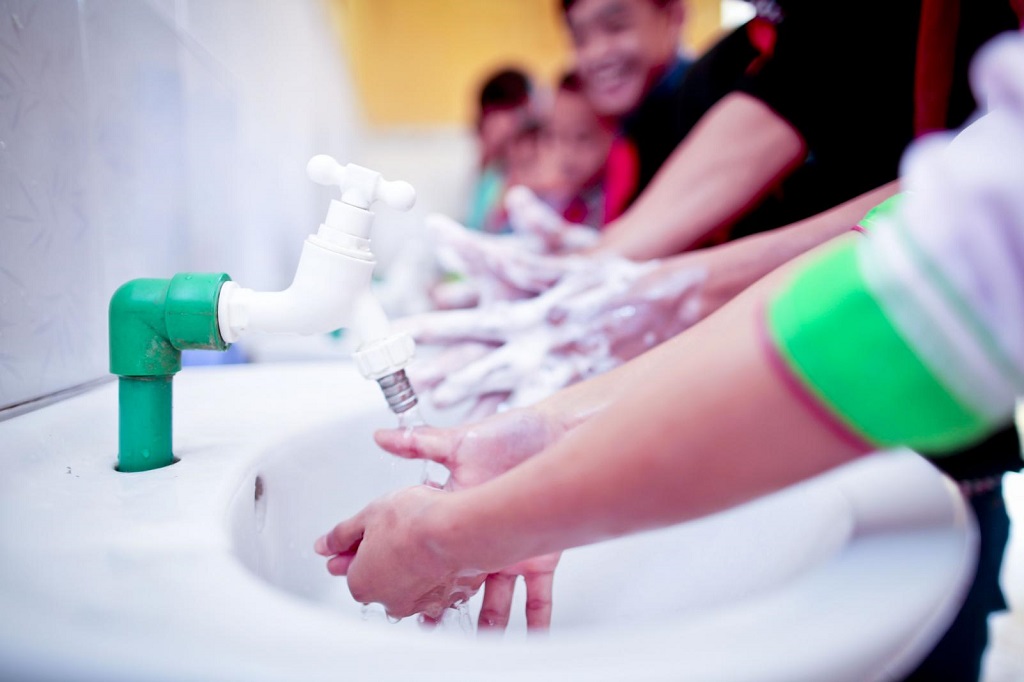The mechanism by which soap hinders the spread of coronavirus is very interesting and has a scientific background.
The SARS-COV2 coronavirus (this is the name of the coronavirus; COVID-19 is the name of the disease it produces) is essentially made up of 3 parts:
- The genetic material (RNA) of the virus
- A membrane made up of a lipid (fat) bilayer that protects genetic material and helps it colonize other tissues
- Some proteins that serve to adhere and fix on different surfaces and can help in the replication of the virus
The soap, meanwhile, is formed by a portion that attracts water (hydrophilic) and another part (tail shaped) that attracts fat (lipophilic). This lipophilic tail, in contact with the virus, is capable of dissolving the membrane that forms the coronavirus, causing its inactivation (we cannot speak of the death of the virus because viruses are not considered living beings).
Therefore, soap is one of the worst enemies of the coronavirus, and it is one of the most effective measures in preventing its contagion.
What about hydroalcoholic gels?
They have a mechanism of action very similar to that of soap and can be useful to be able to take them and use them outside the home. However, it must be borne in mind that not all hydroalcoholic gels that are being sold are effective against the coronavirus. To be sure that they are effective, they must bear on the label that they comply with the standard.
When in doubt, soap can always be relied upon as an effective preventive measure.
